Imam Shamsi Ali: President of Nusantara Foundation, New York
In a very moving lecture, Sheikh Hamzah Yusuf, one of the prominent Imams in the United States quoted a statement from Ali bin Abi Talib as follows: “Being with the group with its impurities is better than sectarianism with purifies”
This statement can roughly be translated that “Together with a comprehensive (large) group with all its shortcomings is better than joining a small group which (sometimes) feels more holy”.
This statement by Ali Karroma Allahu wajhahu (May Allah glorify him) becomes very crucial and important when the tendency for division of the Ummah is getting bigger. Division (tafriiq) and not ikhtilaf (difference) is without a doubt the biggest disease of the Ummah of today.
Also Read: Ustaz Abdul Somad in Pekanbaru: It’s Time to Embrace Hijrah
The division of the Ummah that appears before our eyes becomes very pronounced when this Ummah is like a piece of tender meat being fought over by hungry dogs and maybe the dogs have turned into wolves in sheep’s clothing or also transformed like wild crocodiles who are accustomed to shedding tears (crocodiles).
Everywhere this Ummah is an easy target. Become an interesting object up for grabs. No half-hearted crocodiles and wild wolves were willing to work together to eat a piece of meat that is tender and delicious.
On the other hand, the division has made this Ummah like a pile of cork in the middle of a vast ocean. Tossed about by the movement of the waves in the direction of the wind. Has no value (price or honor) and has no clear position.
This reality is actually described in the Quran: “And obey Allah and His Messenger and do not quarrel (split) which causes you to fail and your strength to be lost” (Al-Anfal: 46).
Also Read: Friday Sermon: Jews, Children of Israel, and People of the Book
The word “tanaazu'” itself comes from the word “naza’a-yanza’u” which means to pull or pull something. This means that the word tanaazu’ here is not just a disagreement in the sense of different views. But an attitude that divides due to existing differences.
Therefore, Islam is clear that on the one hand respect for differences/diversity, including differences of opinion in many respects is normal but strictly forbids the tendency to divide or divide from large groups of people.
Of course the word “ummah” can be understood at different levels. There are people at the global level, national level, and also at the local level (Community).
Globally, this ummah with all the various differences that exist in it, including national differences in the state (nation state), should maintain the unity of the ummah globally. All members of the Ummah are bound by one bond of ukhuwah imaniyah (innamal mu’minuuna ikhwah).
Also Read: Friday Sermon: Hijrah in the Struggle for the Liberation of Al-Aqsa and Palestine
Nationally too. The Indonesian nation with “Indonesian Unity” in Pancasila as the state philosophy should be the basis for all to remain in the unity of the Unitary Republic of Indonesia.
Likewise at the local (community) level. Muslim communities everywhere should pay attention to the great togetherness (general) rather than the group tendencies that are the seeds of division among Community members in their respective localities.
If we refer back to Surah Al-Anfal: 46 earlier, obedience should keep this Ummah from being divided. By building obedience together, the Ummah will remain united. Although there may be differences in interpretation.
However, it is very unfortunate that often “in the name of obedience” attitudes and behavior that tend to divide by groupings (tafriiq which gives birth to firqah).
Also Read: Sadaqah, A Simple Act with Extraordinary Virtues: Dr. Wahyudi KS
Usually, the most of Community members who participate in the grouping (firqah) are “innocent” (victims of ignorance). They do not know that behind the grouping there are egoistic personalities with sectarian character.
The driving force or motor of the grouping is often carried out by individuals who have egoistic impulses. The existing groups are usually hiding places from disappointments because of certain things.
If at the time of the Prophet sallallaahu ‘alaihi wa sallam when it was usually driven by hypocrisy. They even built mosques to divide the Ummah. Their mosque is known as the “Dhiror mosque” or “the mosque that brings harm”.
Therefore, the mosque that was founded because of the impulse of disappointment and revenge at that time was a dhiror mosque that was built by the souls of hypocrisy.
Also Read: The Dynamics of Living in a Muslim Community in the Modern Era
May this tendency be kept away from all of us. Amen! (T/RE1)
Mi’raj News Agency (MINA)
Also Read: The Meaning of “Minal Aidin wal Faizin”






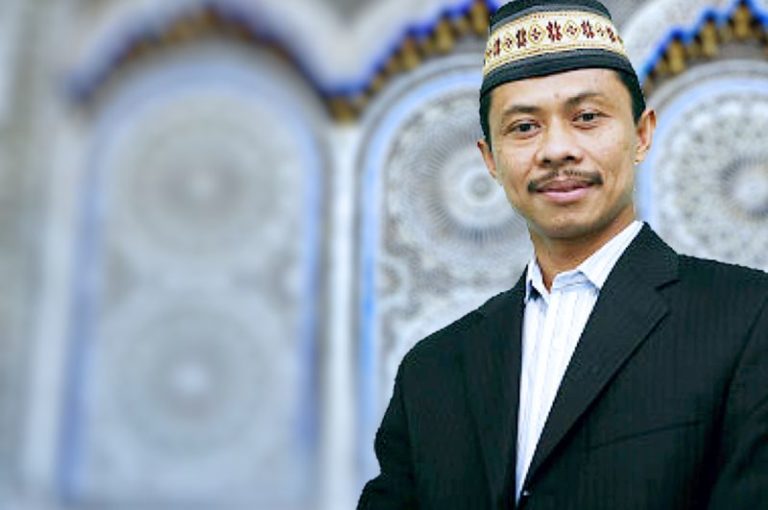




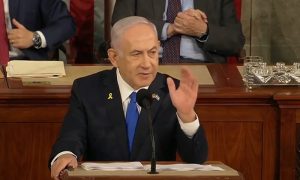






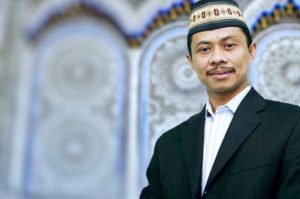

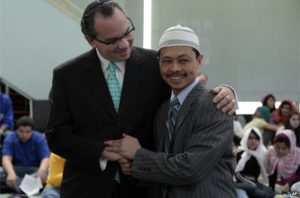








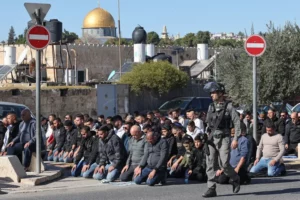






 Mina Indonesia
Mina Indonesia Mina Arabic
Mina Arabic